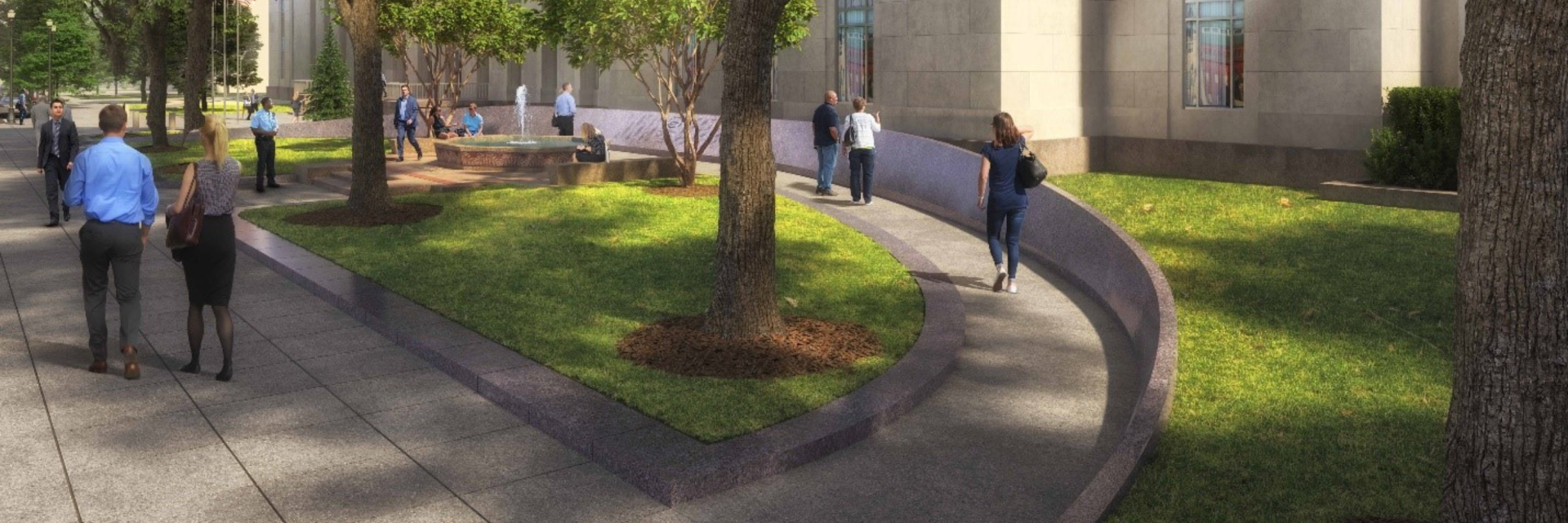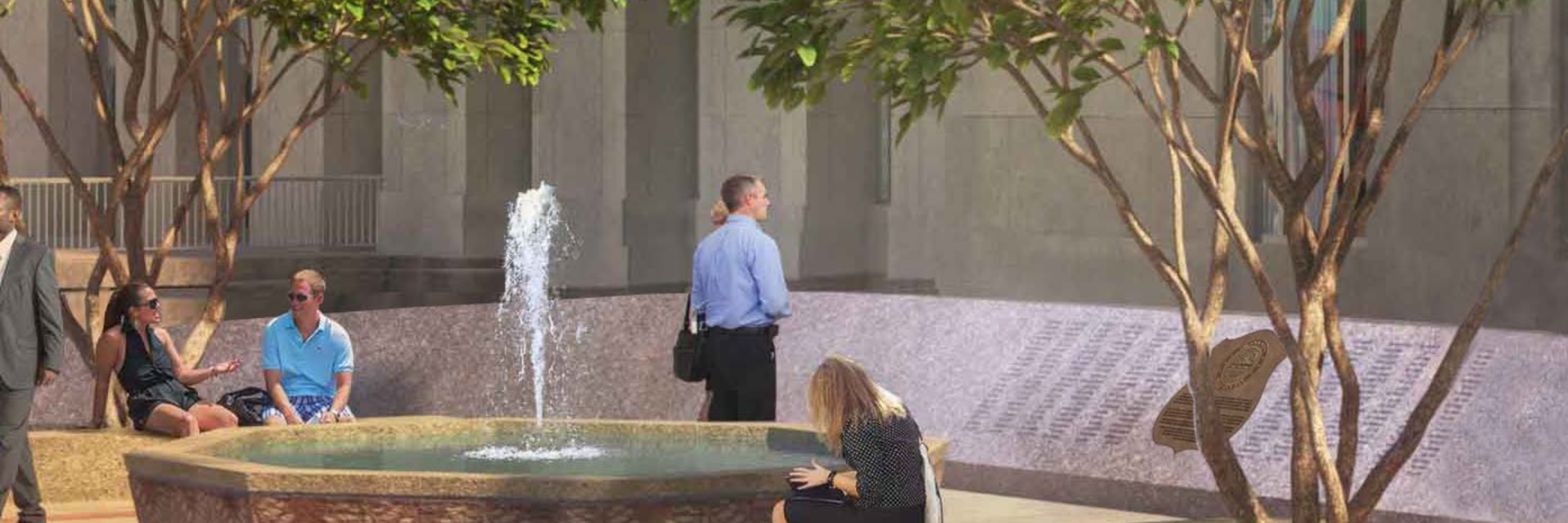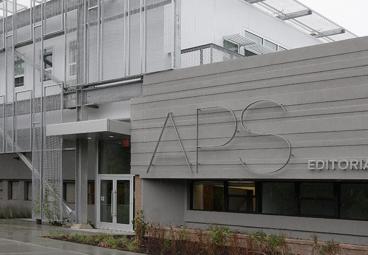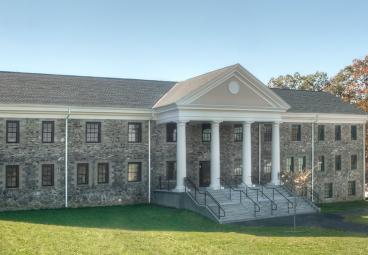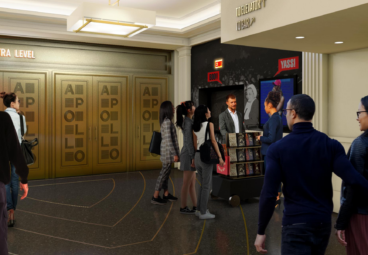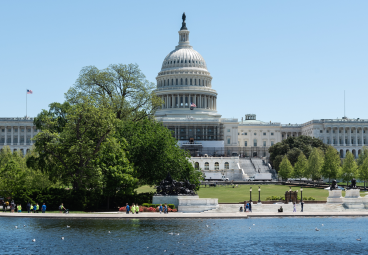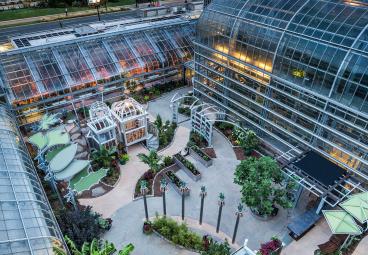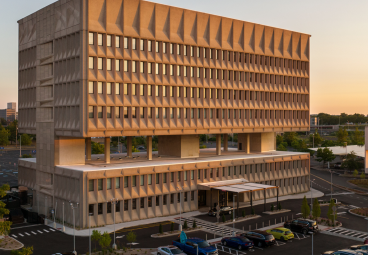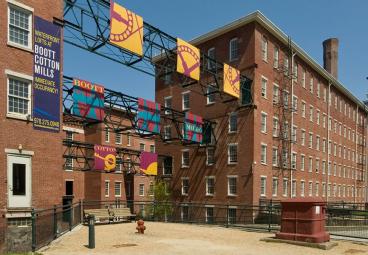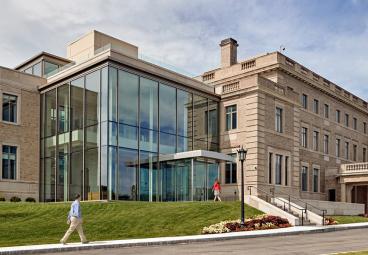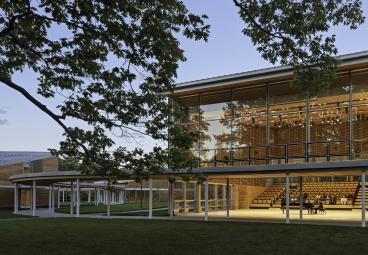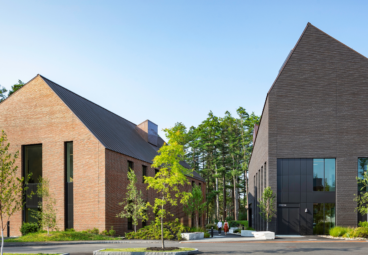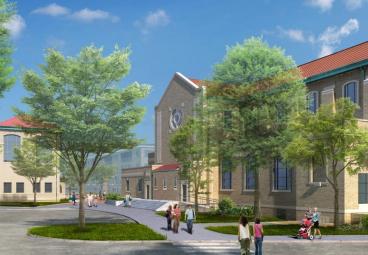DC Metropolitan Police Memorial and Museum
DC Metropolitan Police Memorial and Museum Renovation
Project Overview
- Restoration of a John J. Earley exposed aggregate concrete fountain originally built in 1942
- Installation of a new memorial walk with names of fallen officers inscribed in granite
- Upgrades to mechanical systems for the fountain and the addition of new lighting to the site
The original Metropolitan Police Memorial Fountain has been sitting in front of the Washington, DC, Metropolitan Police Department, now known as the Henry J. Daly Building. The fountain was designed by John J. Early and was built using marble imported from Italy.
This project includes restoration of the existing dilapidated memorial fountain, construction of a new memorial wall that will be engraved with names of Metropolitan Police Department officers who have died in the line of duty, and beautification of the site through new plantings and landscaping. The existing condition of the fountain included intensely colored aggregates and advanced decorative inlay. Horizontal boring was required under the historic fountain in order to install new mechanical systems.
The project is located on a very tight site with the new wall being constructed in close proximity to the building areaway, which requires careful coordination. The team also discovered a number of unforeseen existing conditions, such as significant debris from previous construction projects, large mature tree root systems, and existing unidentified plumbing and conduits. Consigli tested the existing soil to ensure the construction debris would not prevent compaction and brought in new, clean soil, to amend the existing as needed. The team coordinated with the DC Forester, the Landscape Architect, and our arborists to adjust field installations to avoid the largest tree roots, and to airspade/expose and trim roots as needed. Finally, the team worked with the building owners to identify and remove lines that had previously been abandoned in place and to repair and protect previously unknown/undetected lines.

